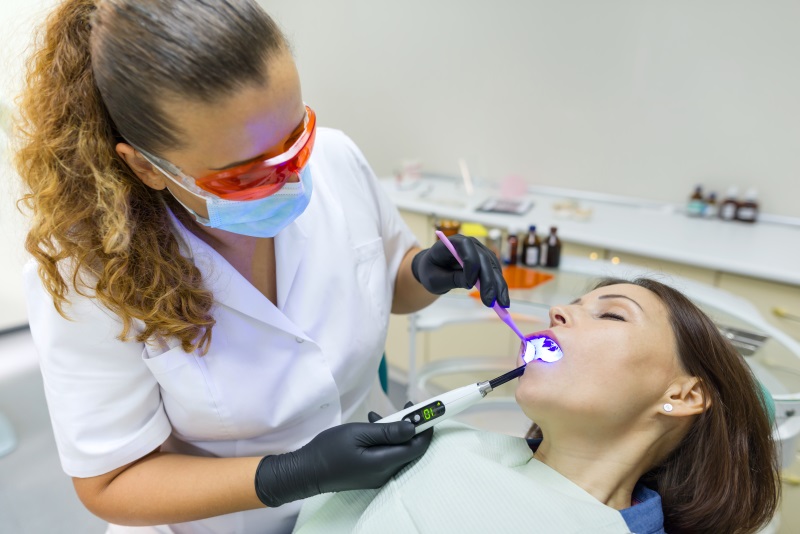Over the era of man, we’ve had a lot of ideas for oral upkeep. From consuming certain plants to scrub molars, to using seashells as dental implants, it’s no surprise we have such a variety of toothbrushes after millennia of tooth brushing. But with all the technologies available to us today, we’re left with a new-age dilemma: should we be using an electric or manual toothbrush?
Though the basic design of the toothbrush hasn’t changed much over the past century (using a handle with clustered bristles), the invention of the electric toothbrush back in 1950s represented a huge milestone in our capacities and technologies. Originally, the purpose of the electric brush was to assist people with disabilities to keep up with their oral hygiene without help. But over the last 20 years, these instruments have become a staple in every supermarket. There’s been a real debate in our lifetime about the electric versus traditional toothbrush.
Of course, the manual and electric toothbrushes each have their advantages and disadvantages. We’ll lay out all the objective data for you, but your preference will almost always be the deciding factor.
Advantages of a manual toothbrush:
- Proven by generations of use to be efficient.
- Manual toothbrushes are cheaper, which also enables users to invest more of their dental budget in sensitivity-specific toothpastes or tooth whitening packs, or other dental products.
- Most manual toothbrushes have added features like tongue scrapers and gum massagers. The tongue scraper comes in handy, as only a tiny portion of the population invests in an individual tongue scraper.
- More portable in size and doesn’t risk losing charge or needing batteries.
Disadvantages of a manual toothbrush:
- Contrary to the electric toothbrush, manuals don’t have an installed timer—so, it’s easier to do a quick brush that ultimately won’t be sufficient.
- Without the electric action motion, the brushing is all up to you. You probably won’t move as fast as an electric brush can, and can also get tired if you try to brush more aggressively.
Advantages of an electric toothbrush
- Bigger handles—some people like having a more substantial handle to hold onto.
- The installed timer in many models is beneficial for those who are prone to quick or lazy brushing.
- For most of us, the massaging vibration motion is pleasant across the teeth and gums.
- Smaller brush heads mean electric brushes can be better for getting hard-to-reach places.
- Helpful for people suffering from arthritis or joint pain.
Disadvantages of an electric toothbrush:
- Electric toothbrushes can be very expensive, not to mention purchasing brush heads or replacement chargers and batteries.
- The science is indecisive whether these brushes are actually better, and therefore worth the investment.
- Electric brushes require charging or battery replacement, and you risk being left without the brush working on a trip.
- Electric toothbrushes are overall less portable than manual ones.
When it comes down to it, the best toothbrush is the one that you’re really going to use. Keep in mind that you should be buying a new toothbrush every three-to-four months, which gives you plenty of opportunity to try different options. Keep on trying different bristle patterns or styles until you find the toothbrush you like best.
The post Electric Toothbrush VS Manual Toothbrush appeared first on Fort Worth Dentist | 7th Street District | H. Peter Ku, D.D.S. PA.
